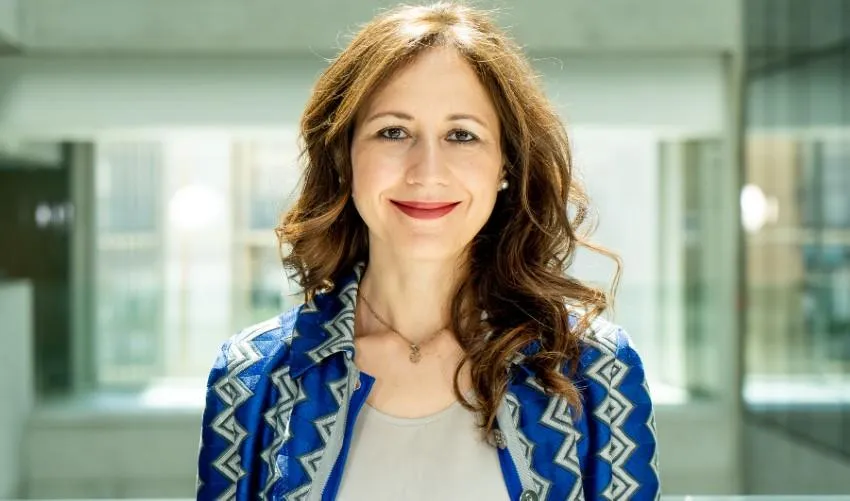
Artificial Intelligence to Help Breast Cancer Patients
The European Union has provided €5m over four years for an international project designed to help women who have undergone invasive breast cancer surgery maintain their psychological balance. The Cinderella project, led by Lisbon-based Fundação Champalimaud, is a collaboration of 10 institutions, mainly but not exclusively active in health care. At Bocconi, which is the other Italian university in the project group along with S. Raffaele, Oriana Ciani, Associate Professor of Practice at SDA Bocconi, is leading the work.
Breast cancer is unfortunately a very common disease; indeed, it is the most frequent type of malignancy among women. It is estimated that more than two million women worldwide are affected by this disease each year, resulting in approximately 680,000 deaths. Fortunately, health science is increasingly able to make ever more patients recover, although this is most often done with invasive surgery. And it is precisely for patients who have to undergo surgery to remove a breast cancer, that Cinderella got started.
An operation that treats the disease but can severely scar the body has strong repercussions on psychological well-being, not least because the patient is already debilitated by such a serious illness. It is therefore very important to reassure the patient as much as possible before the surgery takes place about what that part will look like afterwards. There exist in fact several surgical techniques, and ideally the patient should be involved in the choice, without prejudice to the surgeon's role in evaluating the clinical profile of the procedure.
Until a few years ago, patients were simply shown pictures of women who had already had the operation. Then doctors began to present images of patients before and after the operation side by side. More recently, predictive algorithms have been devised, based on artificial intelligence, which employ data from a large number of cases to produce for each patient a simulation of the different surgical techniques on herself.
In order to fully understand the implications of such an innovative approach, the Cinderella project will follow in parallel in five participating hospitals patients who are informed according to conventional protocols and others (chosen randomly) who are given the predictive protocol. After six months and after one year, not only will each patient's quality of life be measured, but also data will be collected on the outcomes at various levels of the different methodologies.
"The most interesting aspect lies precisely in the interdisciplinary approach of the project," says Oriana Ciani. "Bocconi, which in fact does not have a medical faculty, is being tasked to carry out the multi-dimensional economic, organizational and (for the first time) also environmental assessments of each approach, in close collaboration with the partners."